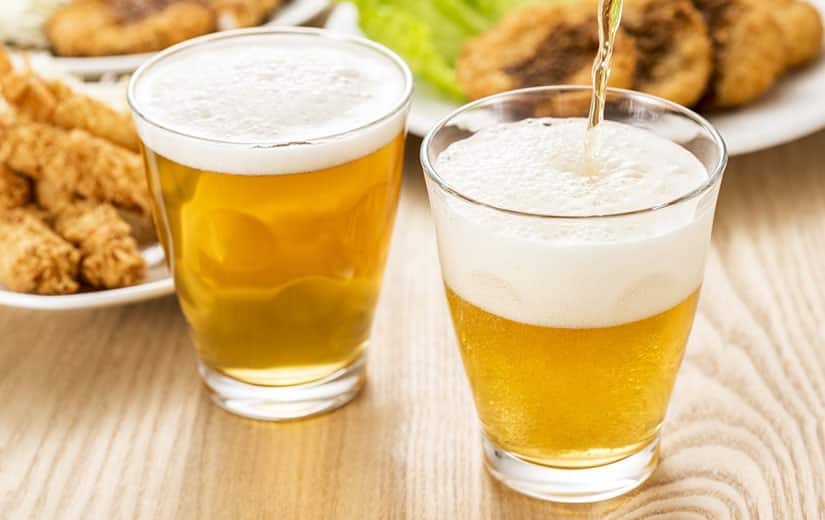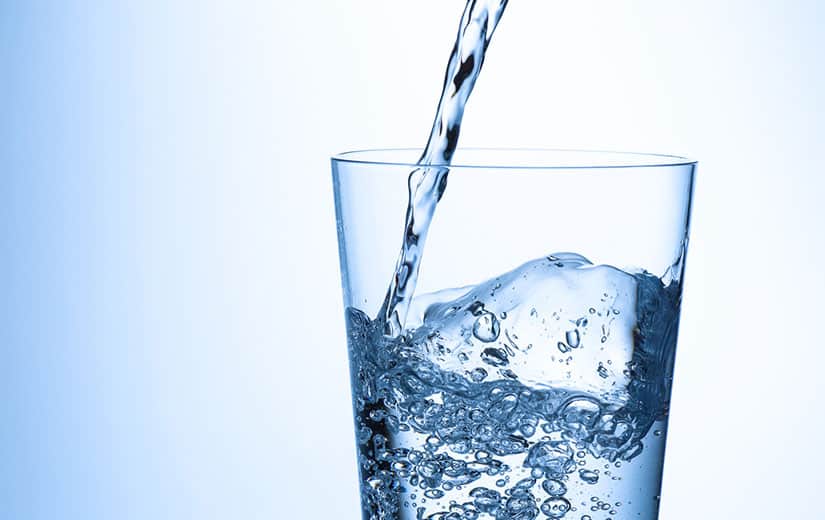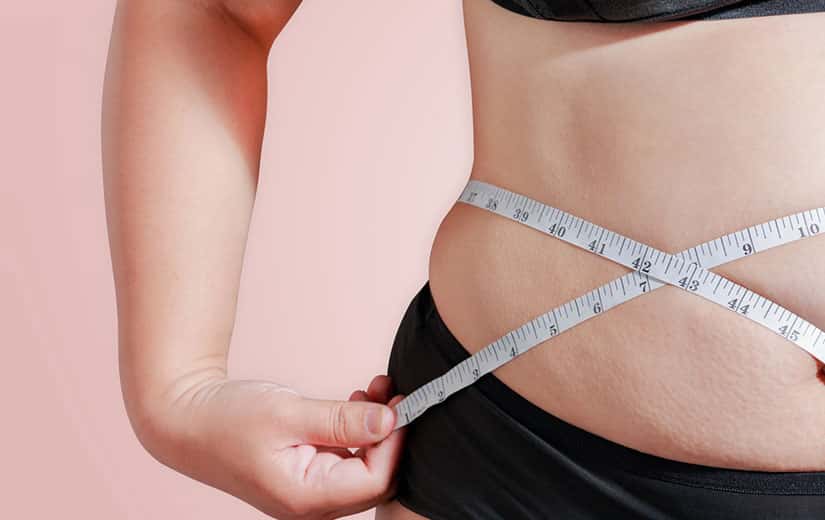The promise of alcohol-free alcohols is to rediscover the flavors of these drinks, wines, beers, whiskey, vodka, etc. in their traditional versions but without the harmful effects of alcohol on health. What is it really, insofar as all these so-called non-alcoholic drinks actually have a very low level?
The alcohol content of so-called alcohol-free wines and beers
The actual percentage present in alcohol-free wines according to sans-alcool.fr fluctuates between 0.1 and 0.5% while non-alcoholic beers must have an alcoholic strength equal to or less than 1.2 °. On the other hand, there are other really alcohol-free drinks such as gin, whiskey or vodka for example.
It is still important to point out that the amount of alcohol contained in non-alcoholic beers and wines is so small that it is almost instantly transformed in the body, and therefore does not make you drunk as long as these drinks are consumed in moderation.
Non-alcoholic drinks can therefore be a good alternative for people wishing to reduce their alcohol consumption without depriving themselves of the taste pleasure and the convivial side of these drinks in their traditional version.
In addition, some of these drinks can have benefits for the body.
The health benefits of alcohol-free
Alcohol-free beer
Less caloric than alcoholic beer, 26 calories for a non-alcoholic beer compared to 37 calories for a standard beer (4-5 ° alcohol), alcohol-free beer is made up of natural ingredients, cereals, fermented herbs and 95% water. Alcohol-free beer is therefore very hydrating.
Non-alcoholic beer is also rich in antioxidants which slow down the aging of the skin and prevent certain diseases of the circulatory system. This drink decreases the risk of heart attack thanks to its vasodilator effects on the arteries and its phenolic compounds. Finally, beer would also protect against type 2 diabetes and would have pain relieving properties.
Despite these virtues, it is necessary to remember that beer, even without alcohol, should be consumed without excess.
Alcohol-free wine
According to an American study, alcohol-free red wine, like beer, reduces the risk of cardiovascular disease. In addition, alcohol-free red wine is as rich in polyphenols as its alcoholic version. However, this antioxidant reduces blood pressure and prevents cancerous, inflammatory or neurodegenerative diseases. Polyphenols also have benefits on hypertension and its anti-aging action which slows down the aging of cells.
In addition, alcohol-free wine is on average 3 times less calories than alcoholic wine, between 15 to 30 calories for white, red and rosé wines without alcohol against 70 to 80 calories for their alcoholic versions.
Finally, alcohol-free wine is very low in sulphites thanks to the dealcoholization techniques used by producers. Now, as we know today, if sulphites, wine-making additives, participate among other things in giving taste to the drink, they are nowadays more and more controversial. This is also the reason why we find more and more sulphite-free wines offered by biodynamic producers or positioned in organic farming.
Calorie-free gins are also low in sugar, 4 calories per 5 cl for Pernod Ricard Ceder’s Crisp for example, as are alcohol-free whiskeys which are sugar-free and very low in calories (1 calorie per 100 grams). .
Traditionally alcoholic drinks in their non-alcoholic version therefore make it possible to take care of their health by drastically reducing their alcohol consumption while enjoying the taste and the virtues of these drinks on health and the body. In addition, less caloric, they also allow you to take care of your figure.




